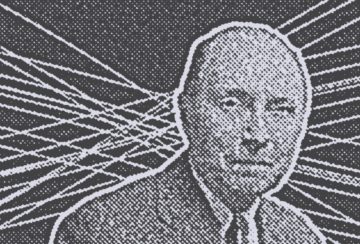Sergiu Klainerman in Inference Review:
 IN THE SPRING of 1960, Eugene Wigner delivered a lecture at New York University. Published as an essay the following year under the title “The Unreasonable Effectiveness of Mathematics in the Natural Sciences,”1 Wigner’s remarks sparked a debate that continues to the present day. Indeed, the significance and implications of the essay have been discussed far beyond the realms of mathematics and physics.
IN THE SPRING of 1960, Eugene Wigner delivered a lecture at New York University. Published as an essay the following year under the title “The Unreasonable Effectiveness of Mathematics in the Natural Sciences,”1 Wigner’s remarks sparked a debate that continues to the present day. Indeed, the significance and implications of the essay have been discussed far beyond the realms of mathematics and physics.
Wigner’s essay has long been a source of fascination for me. I was a graduate student when I first read the essay and I have returned to it many times over the intervening years. Although I have often found myself admiring the clarity and articulation of Wigner’s observations, it is the mystery he pointed to that first caught my imagination and is at the heart of its enduring appeal.
The mystery Wigner described can be stated as follows: mathematical concepts introduced for solving specific problems turn out to have unexpected and mysterious consequences in seemingly unrelated areas.
More here.
